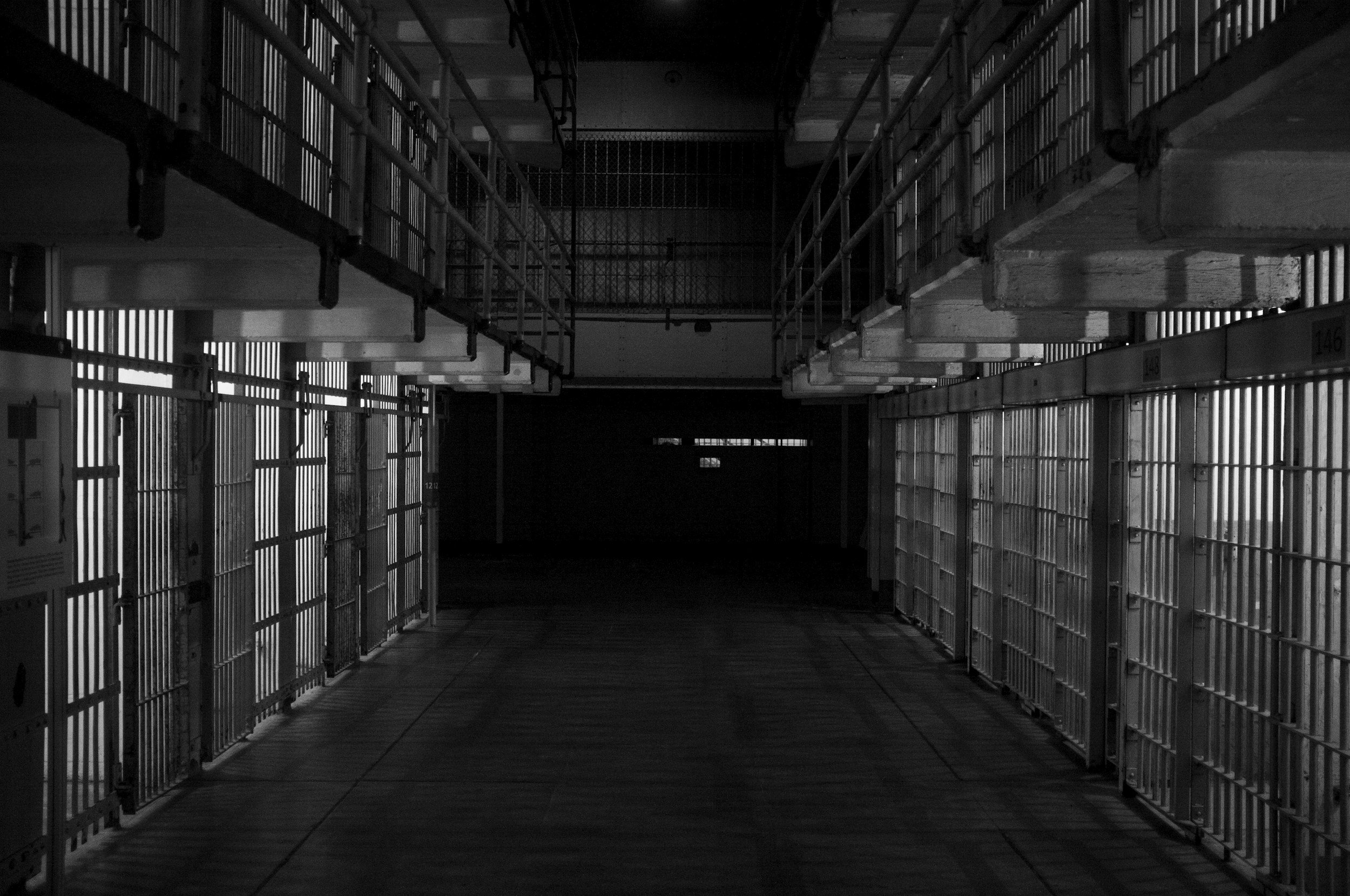
What dives the Unthinkable? A Deep Dive into Psychopath and Mental Disorders
Mentally disordered offenders
A mentally disordered offender is someone who has a mental illness and has committed a crime. Mental illnesses can affect how people think, feel, and behave. Some common mental illnesses include depression, anxiety, and schizophrenia. When someone with a mental illness commits a crime, it can be very complicated.
Psychopathic Offenders
Let’s talk about psychopathic offenders. Psychopathy is a personality disorder. People who are psychopathic often have a hard time feeling emotions like guilt or empathy. This means they might not understand how their actions hurt others.

Mental disorders that contribute to crime rate
Schizophrenia
Bipolar Disorder
ASPD
Substance Use Disorders
Case Studies
-
PsychopathBrutally murdered his 4-year old sister by stabbing her 17 times when he was 13 years old
Psychopath
Brutally murdered his 4-year old sister by stabbing her 17 times when he was 13 years old. Paris states that he has no remorse or feelings of empathy after he committed crime.
-
Mental disorderIn 1980, Patterson shot and wounded Richard Lane, a Dallas co-worker who he believed was conspiring against him and attempting to poison his food (it was Lane’s first day on the job). Lane survived and Patterson was sent to the maximum security unit at Rusk State Hospital, where he was found incompetent to stand trial and diagnosed with schizophrenia.
Mental disorder
In 1980, Patterson shot and wounded Richard Lane, a Dallas co-worker who he believed was conspiring against him and attempting to poison his food (it was Lane’s first day on the job). Lane survived and Patterson was sent to the maximum security unit at Rusk State Hospital, where he was found incompetent to stand trial and diagnosed with schizophrenia.
Treatment
-
Discovered that programs that focus on teaching new skills, helping with problems like drugs or anger, and giving support from counselors or mentors are the most effective. It’s important to understand what each person needs to help them best. In short, when correctional programs are set up the right way, they can really help people change for the better!
-
One common approach is therapy or counseling, where individuals talk to trained professionals, like psychologists or counselors, to better understand their feelings, thoughts, and behaviors. This helps them learn new ways to cope with problems and make better choices. In some cases, doctors may also prescribe medication to help manage specific mental health conditions, such as anxiety or depression, making it easier for individuals to engage in other types of treatment.
Day by day helping people out
Caring about people who have mental health problems, including those who might act in harmful ways, is important for several reasons. First, when we help these individuals, it can make our communities safer. People who receive the right treatment are less likely to commit crimes again. This means that when they get help, everyone benefits from a safer environment
Also, helping people with mental health issues can save money. Instead of spending a lot on jail time and court costs, we could invest in programs that help these individuals get better. This way, they can return to society as productive members instead of going back to prison



